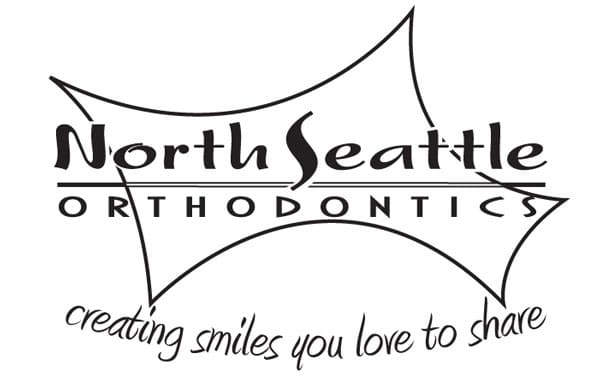
Did you know that the alignment of your teeth can affect your speech? If you or your child struggles with certain elements of pronunciation, it could be attributed to your teeth.
- Lisp or Whistling
A primary cause of the development of a lisp or whistle is overbite—when upper teeth overlap the bottom teeth too much. Another cause could be gaps in teeth, which impede correct placement of the tongue and allow air to escape while talking, creating a whistling sound. Braces can correct overbite and close the gaps between teeth.
- Word Slurring
To correctly form words and regulate talking speed, our tongues need freedom to move. If the structure of the jaw or placement of teeth restricts that movement, stuttering or slurred speech is more likely. In most cases, braces can align the teeth and allow room for the tongue.
- Mispronunciation
Certain sounds are very difficult to pronounce when teeth aren’t where they’re supposed to be. Orthodontic treatment places teeth where they need to be for better pronunciation.
Orthodontic treatment isn’t a magical cure for all speech challenges. However, for people working to correct speech disorders, orthodontics can offer life-changing solutions. And the advantages of orthodontic treatment are not limited to speech therapy alone. The confidence that comes from having a straight, beautiful smile and the oral health benefits will last a lifetime.
